Cats are fascinating creatures with diverse personalities and behaviors. As anyone who has lived with a feline friend knows, they can exhibit an array of responses to even the simplest gestures, such as offering a belly rub. While some cats seem to revel in the attention, others react with instant displeasure, sometimes accompanied by a swipe of the paw. Understanding why these preferences exist can deepen our bonds with our furry companions and help us respect their boundaries. This article delves into the reasons behind this particular feline paradox.
Understanding the Feline Belly
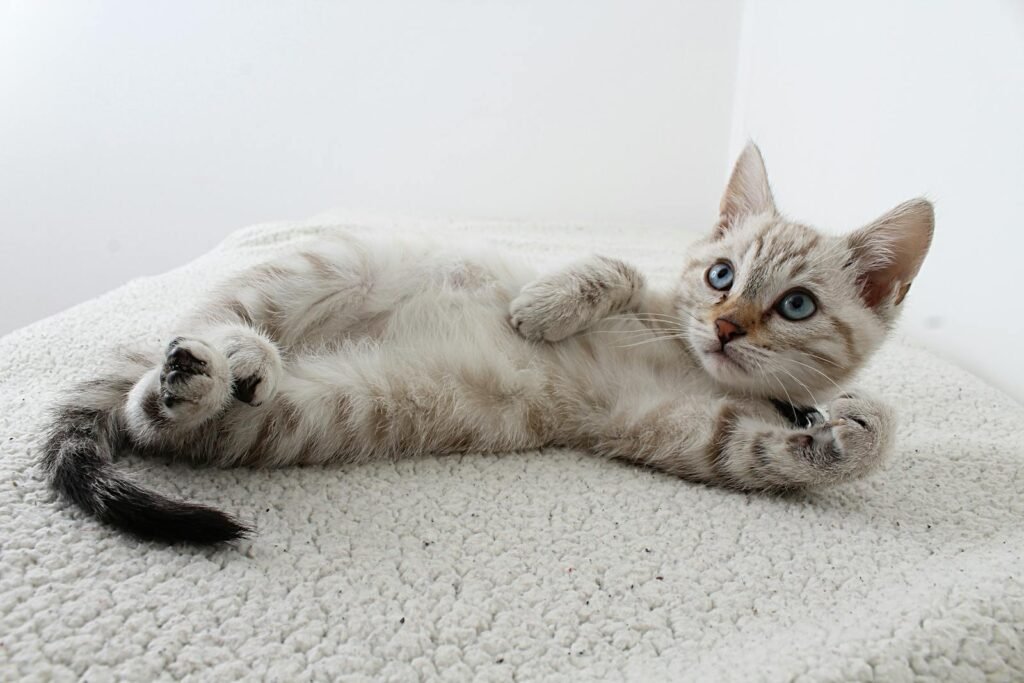
To comprehend why some cats adore belly rubs while others don’t, it’s crucial to first consider the feline anatomy and the instinctive behaviors related to exposing their belly. A cat’s abdomen is one of the most vulnerable parts of their body. In the wild, predators or rivals could easily harm a cat by attacking this area. Hence, exposing their belly is a significant display of trust or submission.
The Role of a Cat’s Personality
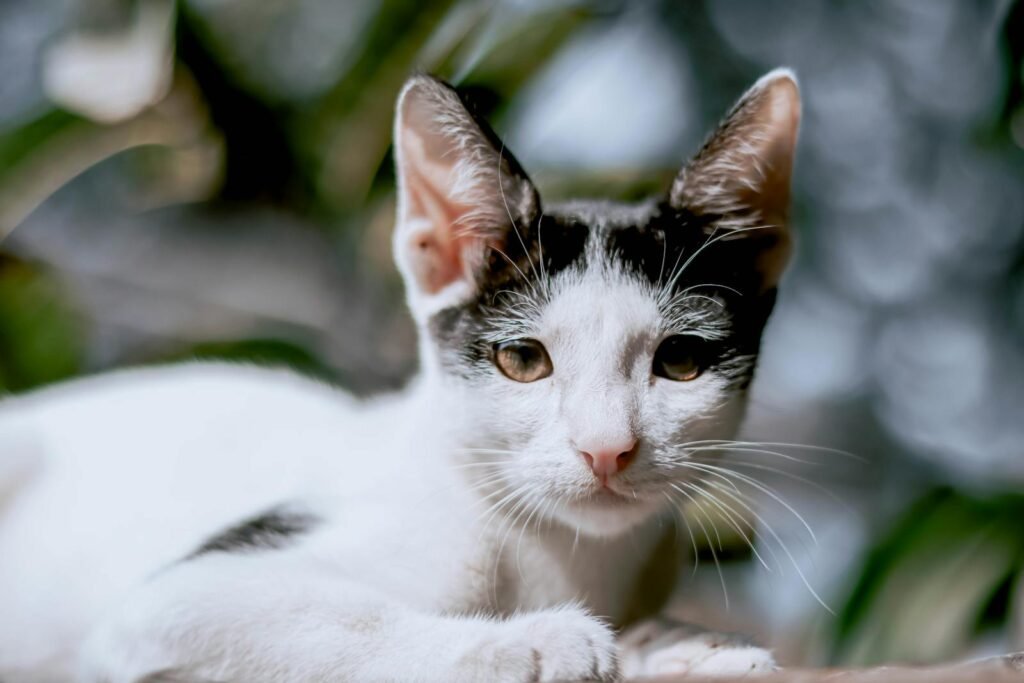
Every cat, much like humans, has a unique personality. Some cats are naturally more sociable and affectionate, enjoying physical contact and bonding through touch. These cats often welcome belly rubs as an extension of their friendly demeanor. Others may be more reserved or skittish, interpreting belly-rubbing attempts as threatening rather than comforting, leading to a quickly retracted invitation.
History and Early Socialization
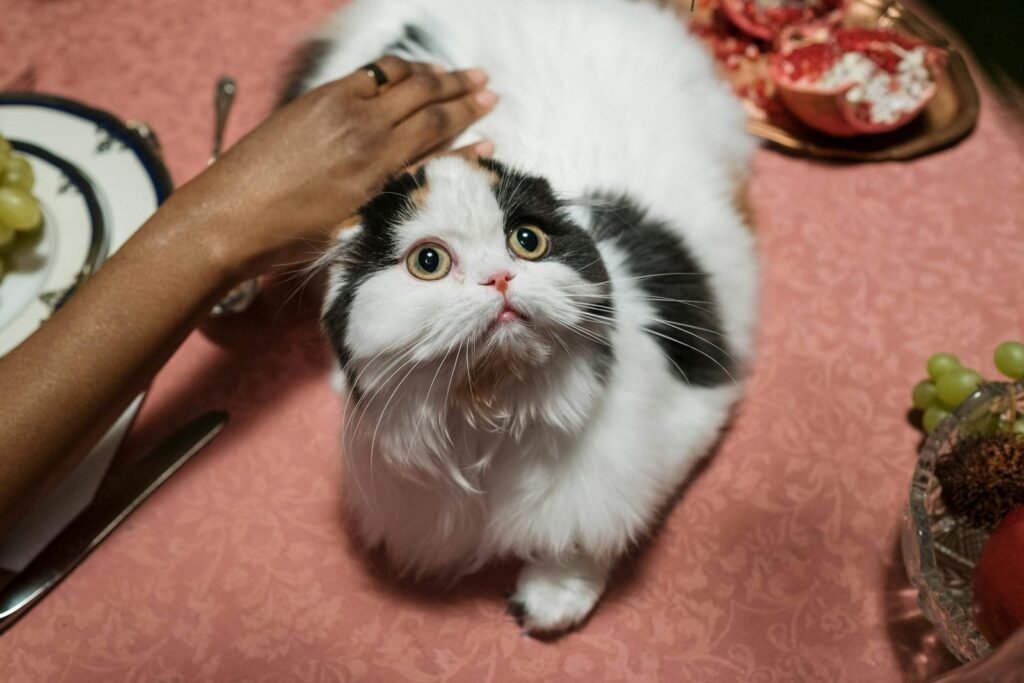
Early experiences play a significant role in shaping a cat’s attitude towards touch. Cats that were handled frequently as kittens tend to be more tolerant of touch in their adult years. Conversely, those with limited human interaction early in life might be less inclined to appreciate belly rubs, having not formed positive associations with this type of interaction.
Instinctive Protective Responses
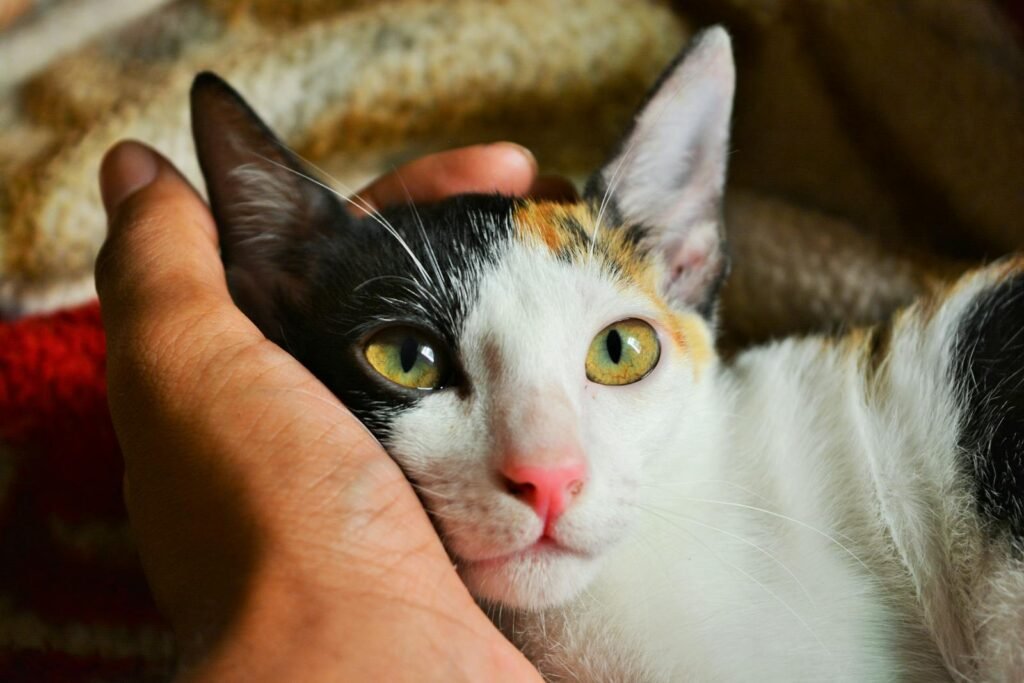
In many cats, the instinctive response to having their bellies touched is to engage their defense mechanisms. This is a natural reflex; their paws and claws may quickly come up to protect their soft underbelly from what might be perceived as a threat, even if the intention behind the touch was purely affectionate.
Trust and Relationship with the Owner

The relationship between a cat and its owner can strongly influence how it reacts to belly rubs. Cats who have developed a secure and trusting bond with their human companions are more likely to feel at ease, allowing their owners to touch their bellies. In contrast, a cat that has had negative experiences or is new to the household may react defensively until greater trust is established.
Recognizing the Signals

It’s essential to recognize and respect the signals a cat gives before attempting to rub its belly. Purring and relaxed body language suggest receptiveness, while pinned-back ears, twitching tails, or growling indicate that the cat is uncomfortable and does not want to be touched.
Genetic and Breed Factors
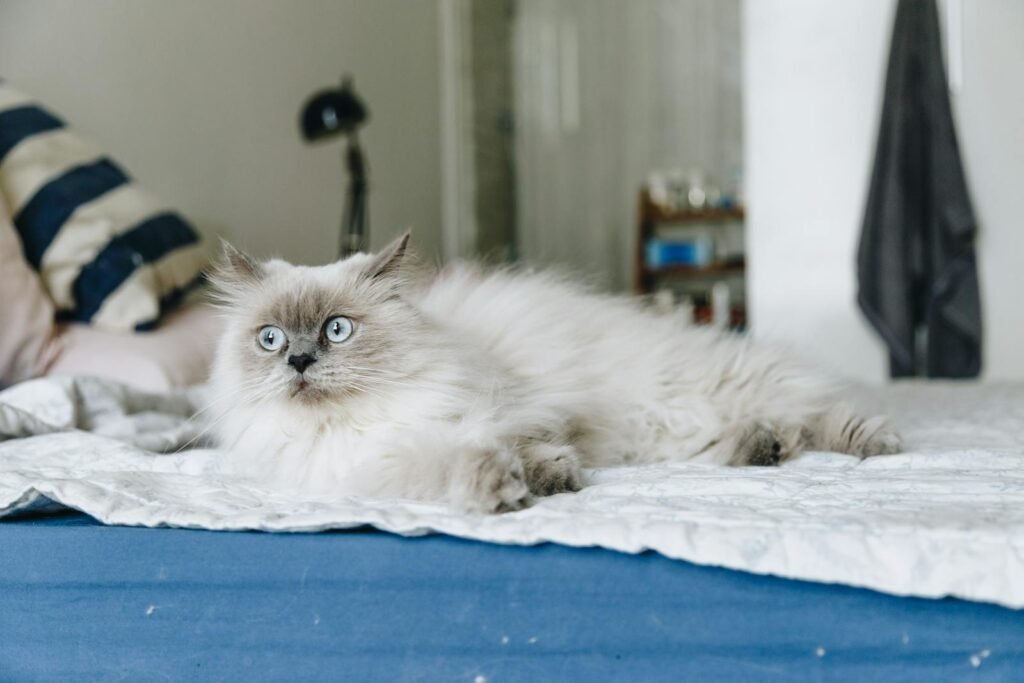
Some breeds are inherently more affectionate and tolerant of handling than others. Breeds like Ragdolls and Maine Coons are known for being more laid-back and receptive to petting, including belly rubs. Understanding a breed’s general disposition can offer insights into their behavior, but individual variation always exists.
Consider the Cat’s Environment
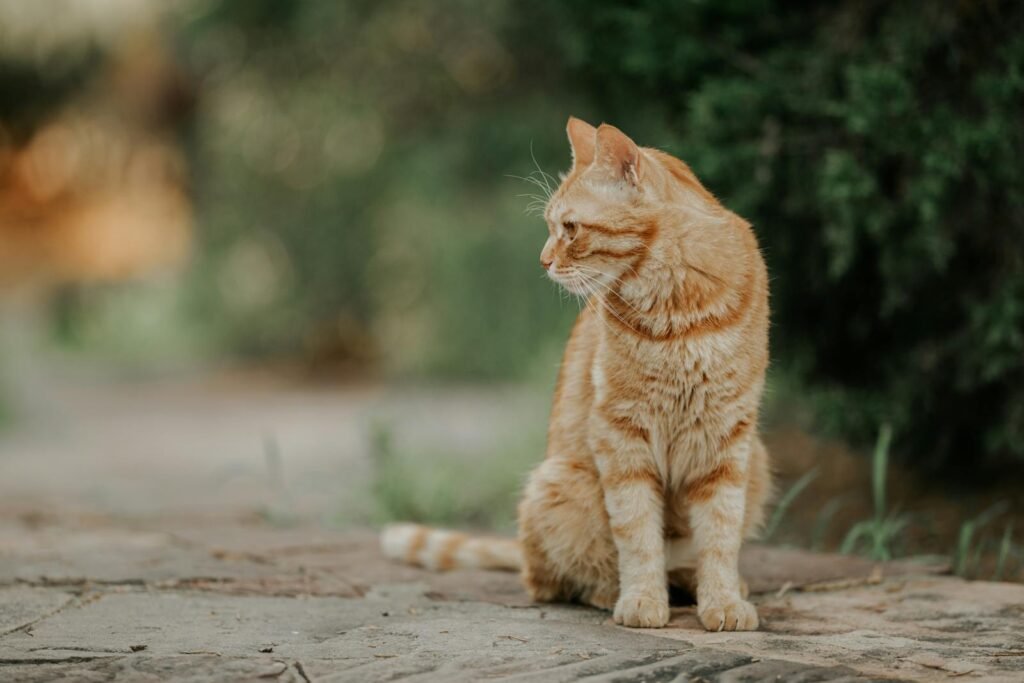
A cat’s environment can affect its willingness to receive belly rubs. A household that provides a stress-free environment, with plenty of safe spaces for the cat to retreat, will foster a more relaxed feline. A cat that feels secure in its environment is more likely to tolerate or enjoy a belly rub.
Health Considerations and Pain
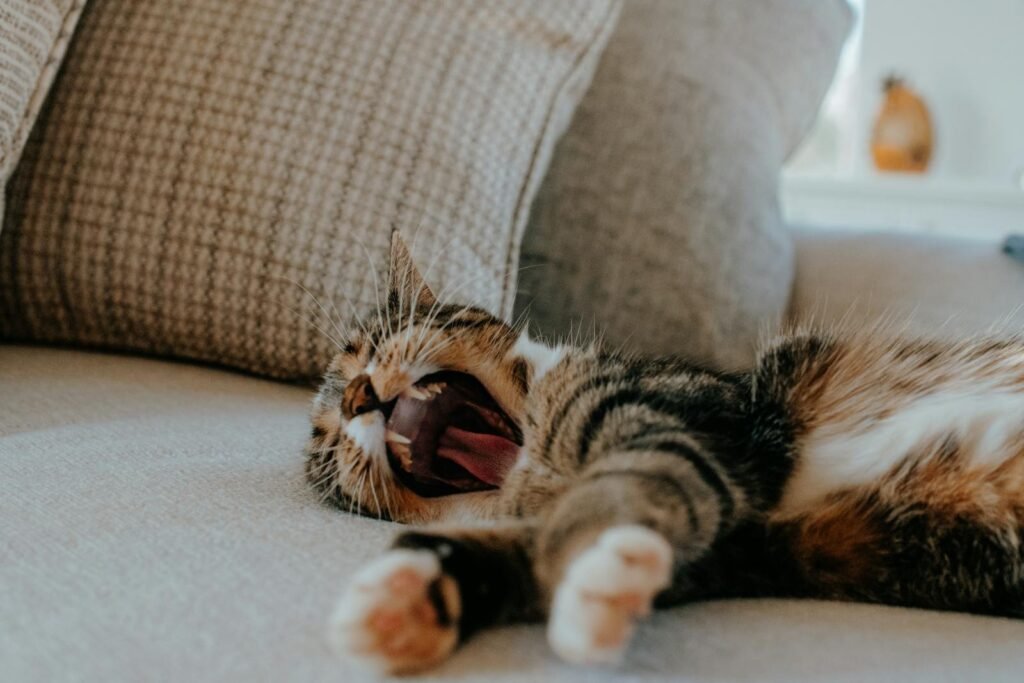
It is also important to consider a cat’s health. Pain, discomfort, or underlying medical conditions may make a cat more sensitive to touch in general. Regular veterinary check-ups can rule out health issues that might contribute to a cat’s aversion to belly rubs.
The Role of Time and Patience
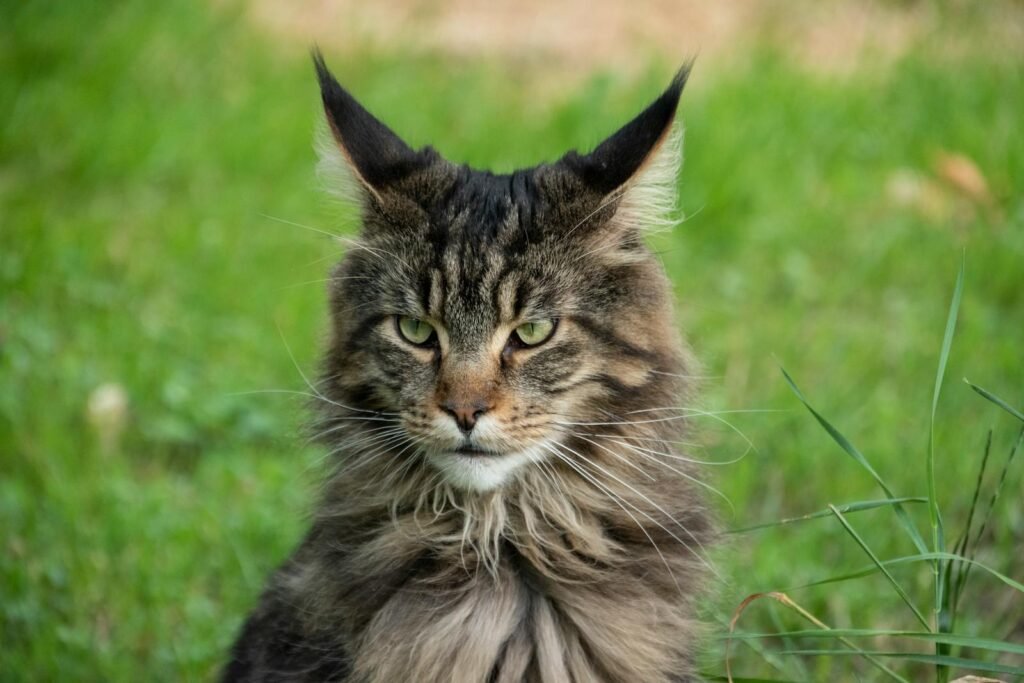
Building a cat’s trust takes time and patience. Owners should gradually introduce physical contact, taking cues from the cat’s reactions and respecting their boundaries. Over time, a cat may become more open to belly rubs if it feels safe and trusts its owner.
Conclusion

The mystery of why some cats love belly rubs while others don’t is rooted in a complex mix of instincts, personality, and past experiences. By taking the time to understand these factors and respecting a cat’s individual preferences, owners can foster a deeper and more meaningful bond with their feline companions. Always remember, a cat’s comfort should be the guiding principle for any interaction, ensuring a happy and harmonious relationship.

Growing up traveling and experiencing new cultures and wonders, I have had a passion for nature, adventuring, photography, and videography. I am currently working towards a BSc in Biodiversity and Ecology at Stellenbosch University, and I hope to specialise in Marine Sciences one day.
Please send any feedback to Feedback@animalsaroundtheglobe.com





